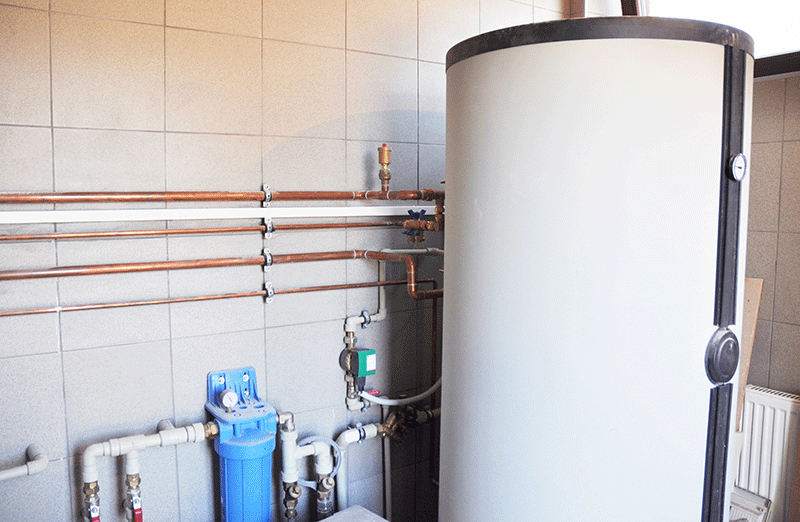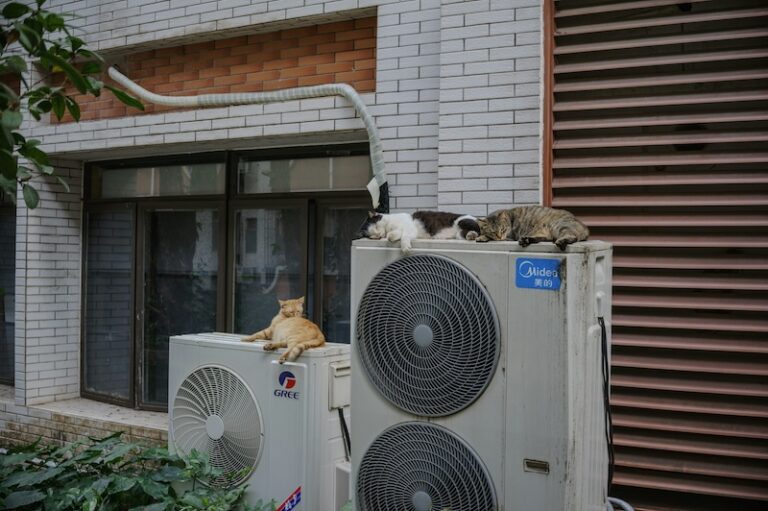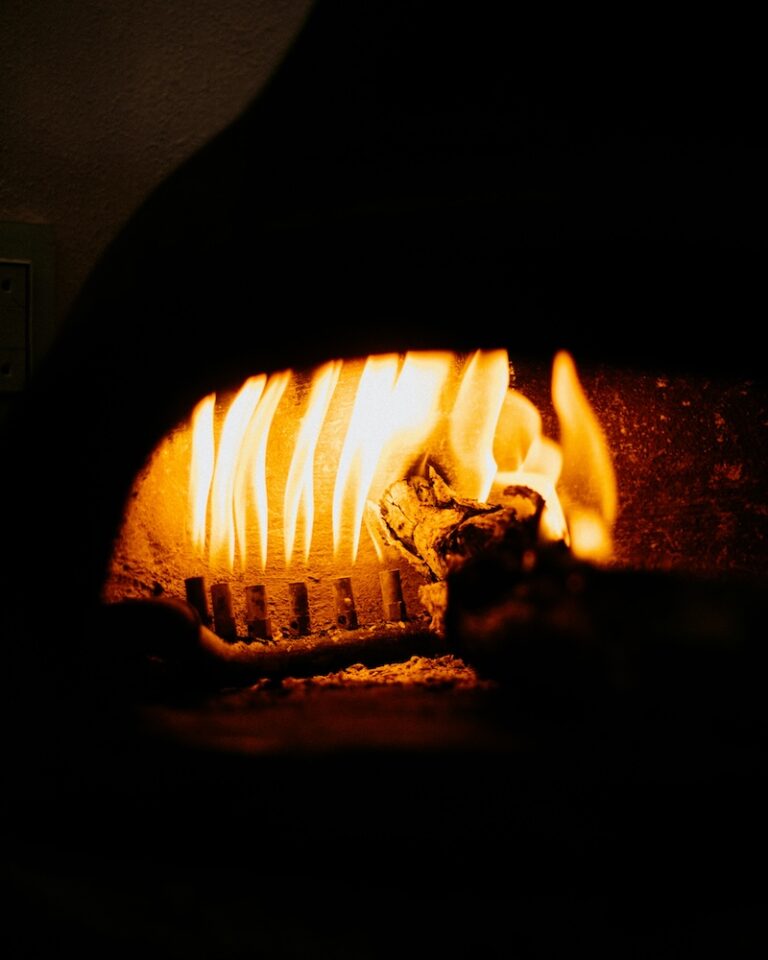Have You Noticed Uneven Heating or Cold Spots in Your Home?
Have you noticed that certain rooms in your home stay chilly, even when the thermostat says the heat is on? This is a common issue for homeowners in Chicagoland, especially those with older houses. Many of these homes rely on boilers for heating — a system that works very differently than forced-air furnaces.
Understanding what a boiler is, how it works, and why it remains a popular heating choice in the Chicago suburbs can help you decide whether this system is right for your home and how to keep it running efficiently.
What Is a Boiler System?
A boiler is a heating system that uses water instead of air to distribute warmth throughout your home. Unlike furnaces, which blow heated air through ductwork, a boiler heats water and delivers it through pipes, radiators, or radiant floor systems.
There are two main types:
- Hot Water Boilers: Heat water and send it through pipes to radiators or baseboard heaters.
- Steam Boilers: Heat water until it turns into steam, which rises naturally through pipes into radiators.
How Does a Boiler Work?
- The boiler heats water using gas, oil, or electricity.
- That hot water or steam travels through pipes.
- Radiators or radiant floor tubing release the heat into rooms.
- The cooled water cycles back to the boiler to be reheated.
Because the system is closed, water is reused over and over, making boilers both efficient and long-lasting.
Types of Boilers
- Gas Boilers: The most common type in Chicagoland, using natural gas as a fuel source.
- Oil Boilers: Found in some older homes, though less common in suburban areas.
- Electric Boilers: Compact and simple, best for smaller spaces or homes without access to natural gas.
- Combi Boilers: Combine heating and hot water into one unit, popular in Europe and gaining attention in the U.S.
Benefits of a Boiler System
- Even Consistent Heat: Radiant heating eliminates cold drafts and maintains a stable warmth.
- Improved Air Quality: With no ductwork, there are fewer dust, allergens, and particles circulating through the home.
- Durability: Boilers often last 15–20 years or more with proper maintenance.
- Quiet Operation: No noisy fans or blowers — just steady, silent warmth.
- Zoning Potential: Many boiler systems offer zone controls, allowing you to heat only the rooms you need.
Boiler vs. Furnace: Key Differences
- Boilers: Use water or steam, radiators, or radiant floors for heat. Provide steady, even warmth.
- Furnaces: Use forced air blown through ductwork. Heats up faster, but may cause uneven temperatures or dry air.
Both systems work well in Chicagoland homes, but many older houses were initially designed for boilers — and with today’s efficiency improvements, they remain an excellent option.
Common Boiler Issues in Chicagoland Homes
- Uneven heat due to trapped air in the system
- Noisy pipes or “banging” sounds
- Leaks around pipes, valves, or the boiler unit
- Pilot light or ignition problems
- Declining efficiency with age
Regular professional maintenance prevents many of these issues and ensures safe operation, especially in the cold Illinois winters.
Boiler Maintenance Tips
- Bleed radiators once a year to release trapped air.
- Schedule annual inspections and cleanings with a professional.
- Check for leaks or signs of corrosion around pipes and valves.
- Monitor water pressure to make sure the system is balanced.
- Replace older, inefficient boilers with modern high-efficiency models to lower energy costs.
FAQs About Boilers
How long does a boiler last?
On average, a boiler can last 15–20 years, sometimes longer with regular maintenance.
Are boilers energy efficient?
Yes. Modern high-efficiency boilers can achieve efficiencies of 90% or higher, significantly reducing heating bills.
Do boilers provide air conditioning, too?
No. Boilers provide heat only. Many homeowners pair them with ductless mini-splits or other cooling systems.
Is it expensive to replace a boiler?
Replacement costs vary by size, type, and efficiency. While upfront costs are higher than those of some heating systems, boilers often last longer and save money on energy over time.
Are boilers safe?
Yes, when properly installed and maintained by licensed professionals, such as Midwest Comfort. Annual inspections are recommended for safety and efficiency.
Call Midwest Comfort for Boiler Service
If your home relies on a boiler in Elk Grove Village, Schaumburg, Mount Prospect, or surrounding areas, Midwest Comfort is here to help. We specialize in boiler installation, repair, and maintenance to keep your home safe, warm, and efficient all winter long.
Call Midwest Comfort at (847) 338-2777 today for expert boiler service.



